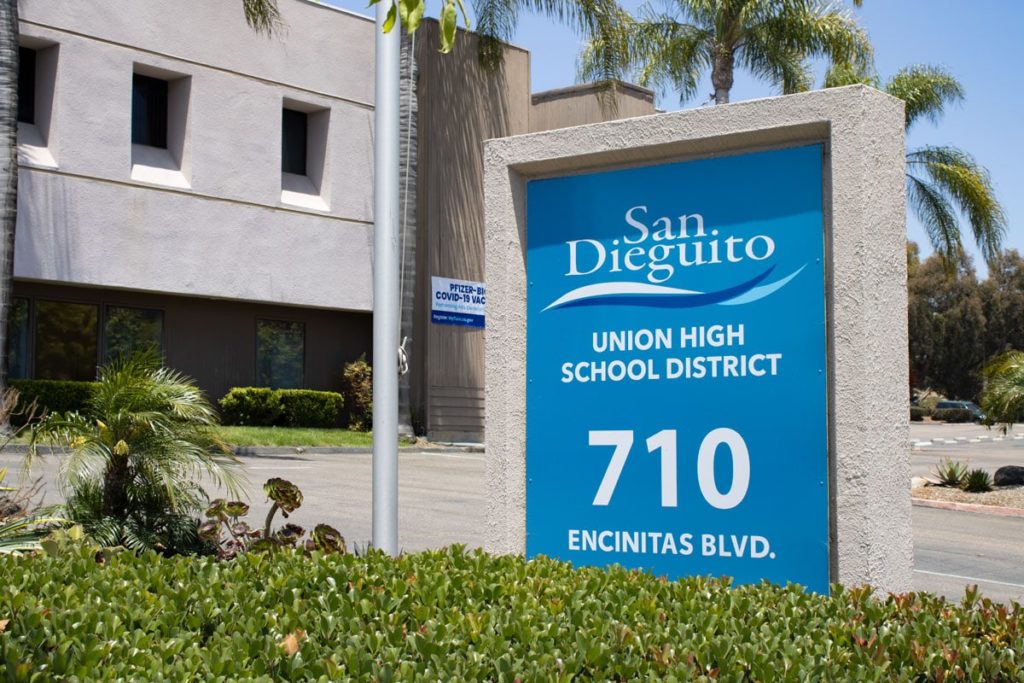California ‘equitable math’ program postponed as new national civics curriculum launched
(The Center Square) – Many California parents are celebrating wins this week after a controversial school district superintendent was fired for making comments about Asian students and the…

(The Center Square) – Many California parents are celebrating wins this week after a controversial school district superintendent was fired for making comments about Asian students and the state’s proposed equitable math program has been postponed from being implemented.
At the same time, a new framework for civics was launched nationally. Advocates are praising the education reform initiatives that have already begun in Florida and Louisiana.
The San Dieguito Union High School District Board of Trustees unanimously voted Sunday to terminate the employment of Superintendent Cheryl James-Ward after she made comments in April about Asian students outperforming other students, suggesting it was because they were from wealthy Chinese immigrant families. Her contract was terminated without cause effective Aug. 15, although she will still receive a year’s salary of $288,000.
Her termination came about after hundreds of parents and the Californians for Equal Rights Foundation for months demanded accountability of the school board. It also came after controversy in the district had been ongoing for more than two years.
Late last week, the California Department of Education also announced it was postponing its controversial equitable math framework, which proposes, in part, teaching math based on race. CFER fought against the plan arguing it “dangerously de-mathematizes math” in the name of “equity, racial justice …”
The last 60-day comment period for the proposal ended May 16. The plan was slated to be adopted in July but its adoption won’t be considered until closer to December. The CDE said it decided to push back the timeline “in light of the significant amount of feedback received in the second round of public comment.”
In chapter 9 of the proposed framework, for example, the curriculum focuses on race and includes an anti-merit component. It states this approach is necessary, in part, because “[s]tudents of color, recent immigrants, and those from low-income families have been routinely ‘tracked down’ into less challenging coursework that is also generally less well-taught.”
“This kind of thinking is wrong and bigoted because it’s based upon crude racial stereotypes and reduces human agency to ideological, race-based abstractions,” CFER executive director, Wenyuan Wu, Ph.D., told The Center Square. “Not all Asians are good at math. And not all so-called underrepresented minorities are categorically worse off when it comes to STEM performance.”
The group has successfully sued the state, the CDE and others over its controversial Ethnic Studies program, which included instructing students to learn Aztec prayers. It’s also published resources about Critical Race Theory to help educate parents, students and the public about ideology it warns is divisive and un-American.
The changes came after many months of advocacy and active involvement in school board meetings, public meetings and events.
“Even though political elites and cultural bourgeoise tend to marginalize us, the true heroes of the movement – parents, grandparents, concerned citizens and conscientious intellectuals, are stronger in conviction and action,” CFER president Frank Xu said in an email to supporters.
The wins also came as the National Association of Scholars’ Civics Alliance launched a new model Monday for curriculum the group is hoping all state education departments will consider.
The “American Birthright: The Civics Alliance’s Model K-12 Social Studies Standards” was created to better educate students about their heritage and to inspire “America’s state education departments to provide social studies standards that teach American students their birthright of liberty.”
The curriculum “teaches students to identify the ideals, institutions, and individual examples of human liberty, individualism, religious freedom, and republican self-government,” among other things.
The alliance credits Florida Gov. Ron DeSantis and the bipartisan Louisiana State Board of Elementary and Secondary Education for advancing social studies standards reforms in their states.
Florida this year adopted new education standards that require public school instruction to adhere to principles of individual freedom and to ensure “freedom from indoctrination.”
Principles include the concept that no person is inherently racist, sexist, or oppressive solely by virtue of his or her race or sex and that a hard work ethic is fundamental to the right to pursue success. It also expands instruction of African American history, calling for a new “Stories of Inspiration” curriculum to be taught about influential African Americans who made invaluable contributions to society.
“No one should be instructed to feel as if they are not equal or shamed because of their race,” DeSantis said when he signed the bill. “In Florida, we will not let the far-left woke agenda take over our schools and workplaces. There is no place for indoctrination or discrimination in Florida.”
In 2021-2022, the Louisiana State Board of Elementary and Secondary Education accepted public comments throughout the social studies standard revision process. Concerned citizens’ comments and support for improving the standards resulted in Louisiana developing its historic “Freedom Framework” Content Standards.



